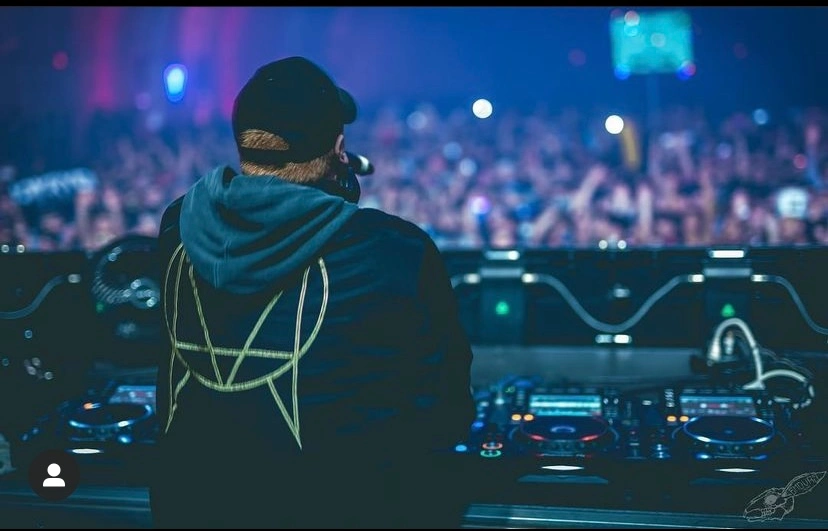In Ghana’s creative space, one big conversation still lingers—what role should media and media personalities play in pushing our local creative arts forward? Whether it’s music, film, or visual arts, the connection between creators and platforms is vital. But for today, let’s focus on music.
We often hear complaints from radio and TV personalities about the lack of structure on the artists’ side. But here’s the flip side that no one talks about: some media figures avoid taking responsibility for their own lack of effort in promoting local talent.
Before we even touch the issue of payola, let’s explore how radio and DJs have shaped successful music industries elsewhere.
Radio: The Unsung Kingmaker
In places like the US, UK, South Africa, Nigeria, and across Europe, local radio stations play a pivotal role in launching artists’ careers. From Elvis Presley and Queen to today’s stars like Olivia Rodrigo, Doja Cat, and Sabrina Carpenter, countless artists owe their breakthroughs to radio airplay.
Most of these stations operate with a simple model:
-
Artists submit music
-
Program directors listen
-
Songs are slotted into appropriate time blocks
It’s straightforward, fair, and effective.
But here in Accra, the system is broken. Walk into some radio stations with a new track and you’ll be asked to pay just to get a spin. Even if you pay, you might only get a short, unprofiled interview—not even proper airplay or social media support.
A Broken Model Hurts Everyone
Many stations only book trending artists for performances, using them to boost listenership, while ignoring the very talents that need the most exposure. Compared to the global model, our current structure is not just ineffective—it’s costly and time-wasting.
I even pointed this out to YFM Accra—how they regularly host new artists but rarely play their music or promote their content online. Sadly, that comment got me blocked by YFM’s official Twitter account—an account I once helped grow. This speaks volumes about the resistance to accountability in our industry.
DJs and Producers: You Hold the Keys
This message goes out to talent managers, creatives, and media houses alike:
There is untapped power sitting in the hands of DJs and radio producers.
Platforms like GHOne, Hitz FM, and Guide Radio are already making efforts to shift this narrative. We need to follow in the footsteps of global industry leaders and evolve the way we produce and program radio content.
If you’re a radio show producer, watch and learn from shows like:
-
BBC Radio 1Xtra
-
Voice of America (VoA)
-
Radio Disney
See how they balance entertainment, information, and talent promotion.
Support Shouldn’t Cost a Thing
If you know DJs or producers, talk to them. Let them understand that support costs nothing but can mean everything for an upcoming artist. Playing a song, reposting content, or mentioning a new act can be the spark that lights a career.
Ghanaian radio should move beyond recycling trending hits. Radio DJs and producers must dig deeper—find the stories, share the struggles, and give real platforms to new voices.
Also, we need a standardized system for promoting talent on radio. Right now, many creatives are forced to pay for airplay like buying ad space—a system that benefits a few but stifles long-term growth.
The New Wave Has Already Begun
Despite the setbacks, change is happening. A new generation of music execs and show producers are working hard to raise the bar. I fully support it—and I’ll keep pushing until we get it right.

